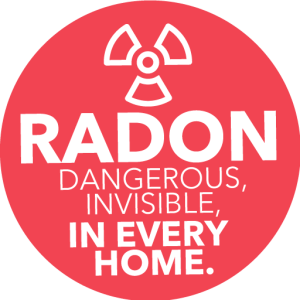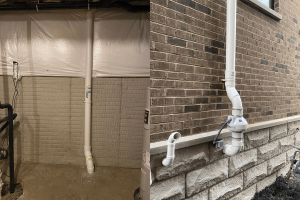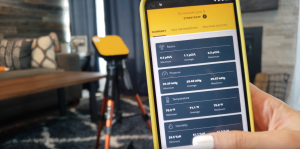My name is Ineta Jokubaitis and I am the lead Radon Professional for Northwest Radon Testing. Radon testing is a pivotal aspect of inner air quality and we want to give you the best information possible. After reading this article, if you still have some unanswered questions, please give me a call.
Let’s dive deeper into why testing radon levels is important. As a natural, odorless and tasteless gas, it’s essential to test for radon to ensure your home’s air safety. In this blog post, we’ll address some of the common questions about radon testing to help you understand this important process more.
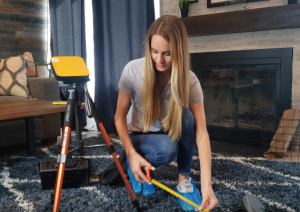
What’s radon and why is it dangerous?
Radon is a natural gas that’s produced by the decay of uranium in soil, gemstone, and water. Radon can transude into structures through cracks and other openings, causing inner air pollution when it is present in the air. Over time, exposure to higher radon testing levels can lead to lung cancer and other respiratory problems. Even though long term exposure to radon particles might be harmful to one’s health, it is not a topic to worry about as it is not an immediate threat, but lets fix it as soon as possible.
How do I know if I need radon testing?
Radon is present in utmost homes and structures, and the only way to know if your home has elevated situations of radon is to have it tested. The Environmental Protection Agency (EPA) recommends that all homes be tested for radon every 2-5 years. However, you may want to consider sampling your home every two to five times, If you live in a high–threat area or have formerly had a high radon test result.
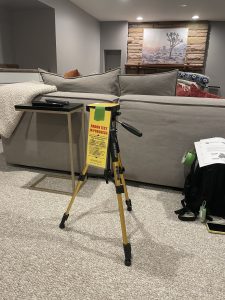
What’s the process of radon testing?
There are two main types of radon testing short–term and long–term testing. Short–term testing is generally performed using an electronic device that’s placed in your home for two to seven days for a quick way to screen the home. Long–term testing involves a device that measures radon situations over a longer period of time, generally three to twelve months and generally gives a better year-round average. The results of both types of tests are also compared to the EPA’s action position of 4.0 pCi/L (picoCuries per liter).
What are the costs for radon testing?
The cost of radon testing can vary depending on the type of test, the position, and the company you choose. Short–term tests generally cost between $20 and $200, while long–term tests can cost between $30 and $400. Some home inspectors or environmental advisers may also offer radon testing services. We are proud to advertise the best price to quality comparison to other radon testing companies in Illinois. We guarantee you will have an amazing experience with us or your money back.
What should I do if my home has elevated situations of radon?
The next step would be to install a radon mitigation system, if your home has elevated situations of radon. (Please reach out and I will send some great companies your way). This system works by venting the radon gas out of your home and precluding it from entering. The cost of a radon mitigation system can vary, but it generally ranges from $1,500 to $2,500.
In conclusion, radon testing is an important aspect of inner air quality, and it’s essential to test your home for elevated concentrations of radon. By answering these common questions, we hope to provide you with the information you need to insure the safety of your inner environment.
However, please don’t hesitate to contact Ineta, North West Radon Testing Professional for more questions.

